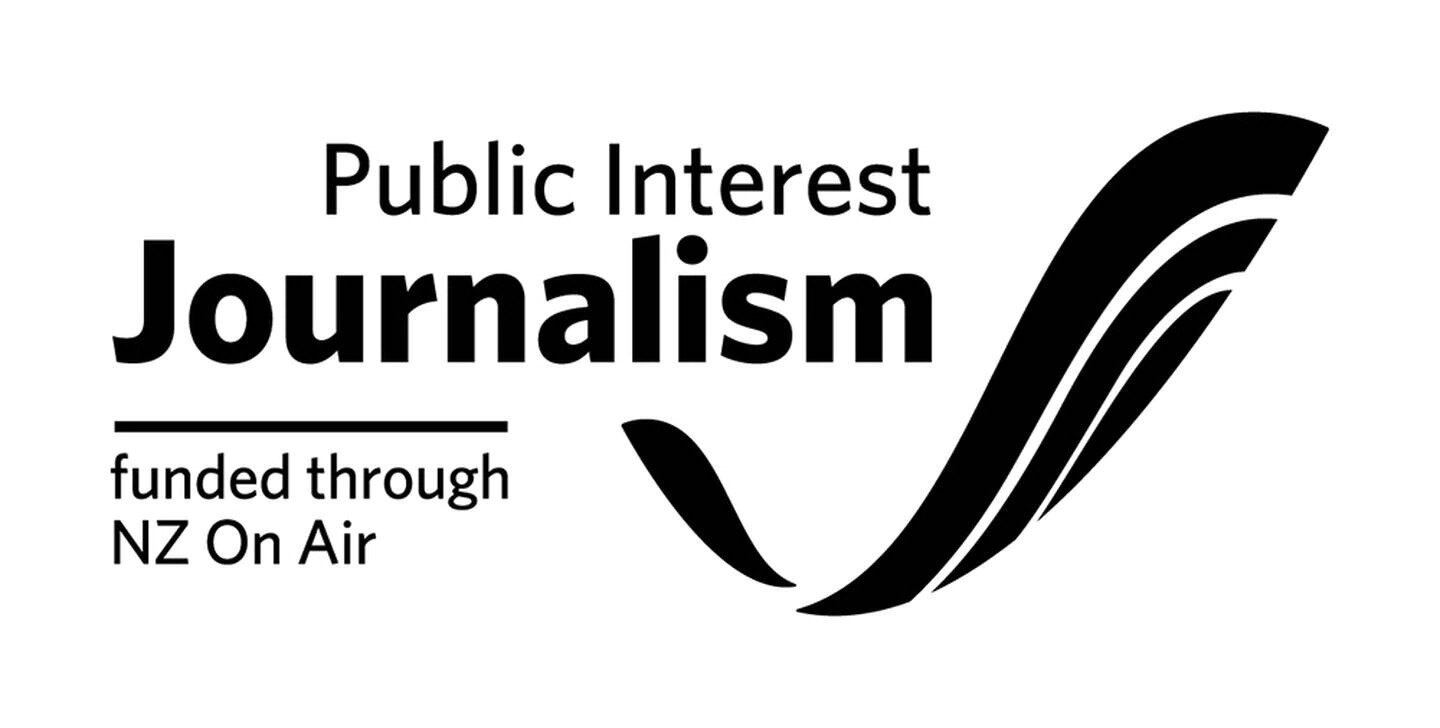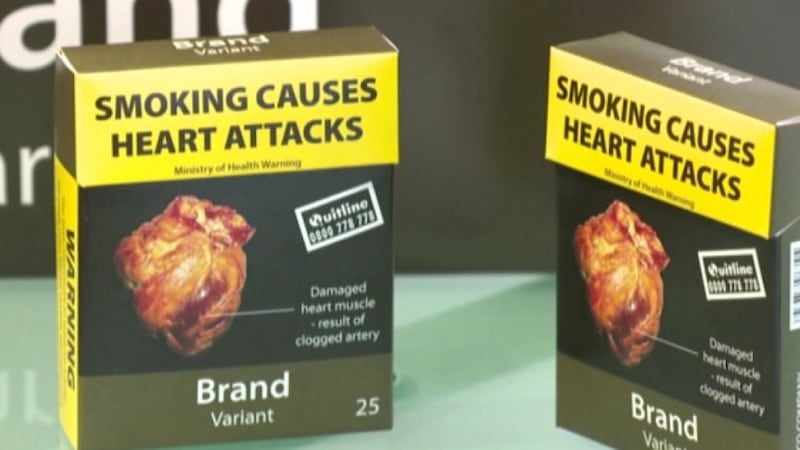Māori tobacco health researcher Andrew Waa is excited by the inclusion of Treaty of Waitangi provisions in the latest bill aimed at creating a smoke-free Aotearoa.
If passed, the amendments to the Smokefree Environments and Regulated Products Act will require the Director General of Health to consult with Te Aka Whai Ora (the Māori Health Authority), iwi-Māori partnership boards and “any iwi or other Māori who the director-general considers have an interest” when considering applications by would-be tobacco retailers.
“For a piece of health legislation, I can't recall one that makes so many references to Māori, the Māori Health Authority, iwi and other Māori that they might want to talk to, especially the community voices, he says. "I think It's all about making sure it's done with Māori, and Māori communities are a part of it.”
Waa (Ngāti Hine), a co-director of Aspire 2025, a research centre supporting the push for Aotearoa to be smoke-free by 2025, says it's a huge statement of support for a campaign Māori have championed for decades, if not since the Treaty was signed 182 years ago.
“That was noted way back then. And over 100 years ago, how much Māori, especially Māori women took up smoking and how it's affecting our health. And it wasn't until the 1980s, when tobacco controls started happening there was a full 20 years or so after we knew it was bad for us,” he said.
Leading cause of preventable death
Changes to the legislation, including a Māori-focused approach, were first made in 2010, which Waa says was encouraging at the time, but wasn’t followed through. In the subsequent decade, an estimated 50,000 people have died of tobacco-related illnesses, including 10,000 Māori.
Associate Health Minister Ayesha Verrall says urgent action is needed to stop the leading cause of preventable death in Aotearoa. The bill also seeks to limit and reduce the number of tobacco retailers in communities, the eventual phasing out of tobacco sales to those born after 2008 and reducing the appeal and addictiveness of tobacco products.
“This bill will mean kaumātua will get more years with their whānau and see their moko grow," Verrall said in the House during the first reading.
"Newborns will spend their first precious moments in their parents' arms, not in neo-natal intensive care. Our people will benefit greatly from these changes, there will be an estimated $5 billion in savings from future health expenditures. These changes will save lives and could increase Māori life expectancy and we can not put a price on that.”
“I saw the consequences of smoking every day: heart attacks, strokes, emphysema, bronchitis, asthma, blindness, amputations, and premature birth. It's a tragedy that these impacts fall most heavily on Māori and Pacific communities. Smoking accounts for 2.5 years of the eight-year difference in life expectancy between Māori and non-Māori. It does not need to be this way.”


